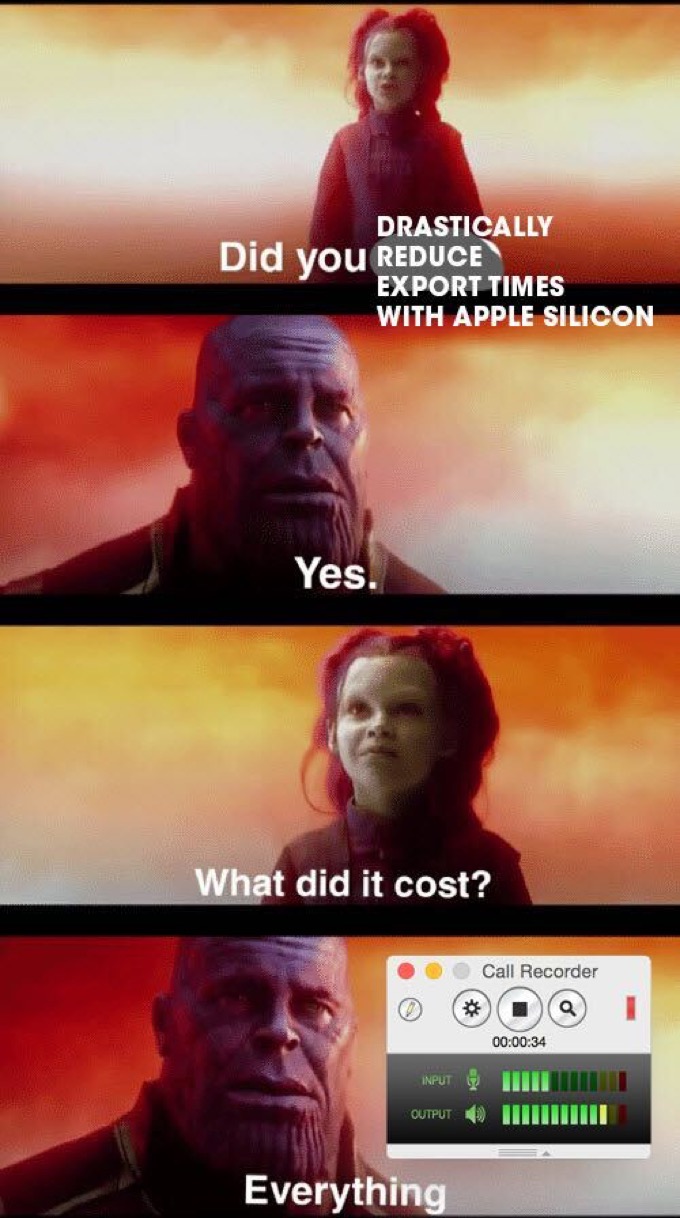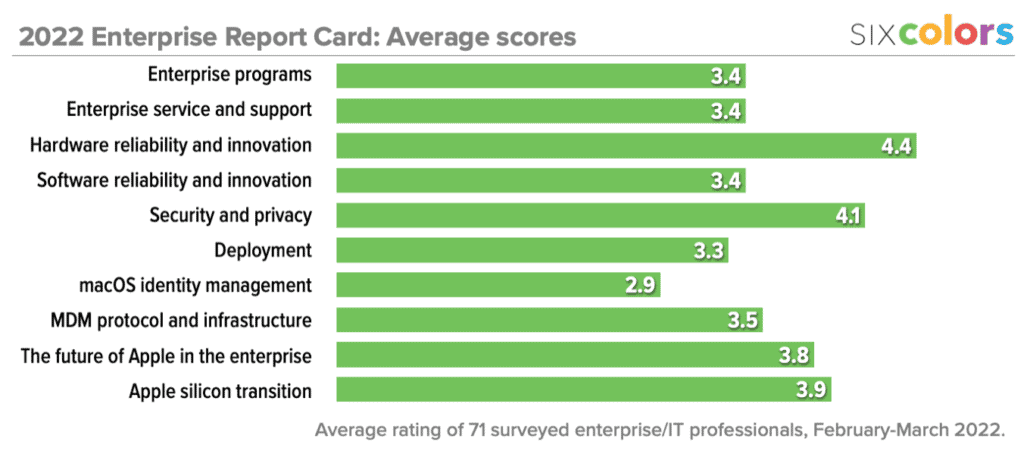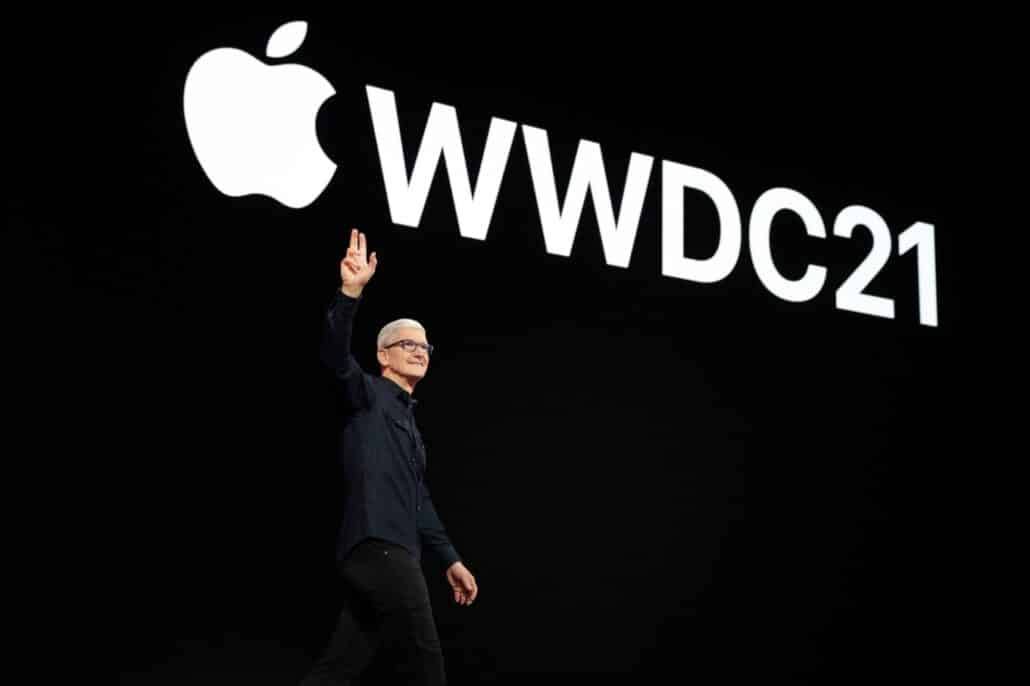
The mortality of software

On one level, the impending death of Call Recorder, a utility I’ve relied on for more than a decade, shouldn’t actually be a big deal. As useful and easy as it was, it’s not as if there aren’t alternatives.
In fact, if I’m being honest, Call Recorder hasn’t been my primary audio-recording tool for years. That distinction goes to Audio Hijack, which works with any app (not just Skype). But I have kept Call Recorder running for every Skype call I make, sometimes as my primary recorder, more often as a backup.
There’s a broader issue here, though. We rely on tools, and we build whole workflows around those tools. Remove the core tool from the bricolage of software, hardware, and mental calculation that forms a computer workflow, and you might end up never noticing—or the whole thing might collapse like a wobbly Jenga tower.
For most people, in most cases, change comes at a high cost. It’s human nature to want to maintain a comfortable status quo once you’ve managed to find one. Choosing to swap out or modify a portion of your status quo rather than just stick with inertia is a big step. The potential benefit can’t be marginally better than what you’re doing now, it needs to be appreciably better, or that change will never happen.
When I switched from editing podcasts in GarageBand to Logic Pro, it meant throwing away all the shortcuts and tricks and habits I’d built up over years in order to make the editing process as quick as possible. The Logic learning curve was high, and I knew that in the short term I was going to be paying a large price in terms of productivity, but the potential for far greater productivity on the other side finally forced me to make the move. And on the third attempt to break away, I finally did it.
Choosing change is tough, but sometimes you don’t choose, and there’s no obvious benefit at the end of the process. If one of your key tools is discontinued, or becomes incompatible with the next version of your operating system or the new hardware you just bought, you’re going to be forced to move eventually. Call Recorder users can keep using it for now, but as soon as they buy a Mac that’s running Apple silicon, the jig is up. Change is coming, inevitably.
It’s an opportunity
Since change is inevitable, you might as well look at the bright side. Once one of your assumptions is invalidated, it’s an opportunity to revisit everything and make changes that might have previously been unthinkable. When I was at Macworld, I tried to use our shift from print to the Web to shake people out of using Microsoft Word as the writing tool of choice. (I was only partially successful, alas.)
My use of Skype for podcasting was waning already, but the impending departure of Call Recorder suggests that any remaining resistance to abandoning Skype may be about to fade away. Skype’s great advantage was that it was free and ubiquitous; these days everyone has Zoom and I have a paid Zoom account. There are also web-based services that solve the entire “use special software to record your voice locally” problem; Zencastr is currently free during the pandemic, I used Cast for one of my podcasts for several years with good results, and SquadCast has a lot of adherents. (All of these services require Chrome or Firefox and don’t work with Safari.)
I also need to use this opportunity to remind myself that I shouldn’t let perfect be the enemy of good. I have a very specific dream set of features I’d like to see in a voice-over-IP tool: cross-platform support including mobile and automatic local recordings saved to cloud storage are the big ones. But if no tool offers that (and none do, so far as I can tell), I need to be open to any workflow that results in an understandable conversation with a high-quality and editable recorded result. If that leads me to weird places like a Discord recording bot or a weird VOIP app I’ve never heard of, so be it. I wouldn’t have chosen this moment to revisit all of this, but the moment is here regardless.
By the way, here’s a tip if you’re wondering what you’ll use to record calls when Skype Call Recorder dies. The Podcast Guest Guide by my friend Antony Johnston has the answers, but if you’re using a Mac, you already have the software required to record your voice: QuickTime Player will do it. For more complicated Mac recording set-ups, I again recommend Audio Hijack, but it’s not necessary if you’re just recording your own voice on a podcast.
The fate of the future
Every time an app I rely on exposes its mortality, I realize that all the software I rely on is made by people. And some of it is made by a very small group of people, or even largely a single person. And it gives me pause, because whether that person decides to stop development or retires or is hit by the proverbial bus, the result is the same: That tool is probably going to fade away.
A lot of the software I rely on is a couple of decades old. And while those apps have supported the livelihoods of a bunch of talented independent developers, it can’t last forever. When James Thomson decides to move to the Canary Islands and play at the beach all day, what will become of PCalc? When Rich Siegel hangs up his shingle at Bare Bones Software, will BBEdit retire as well? Apps can last as abandonware for a while, but as the 32-bit Mac app apocalypse taught us, incompatibility comes for every abandoned app eventually.
Of course, Indie software isn’t alone in these risks—it’s just concentrated a bit more. Larger businesses often change direction, lay off staff, or even declare bankruptcy.
Nothing lasts forever. That’s the truth whether we like it or not—so we might as well be optimistic about it. As the saying goes, when one door closes, another opens.






